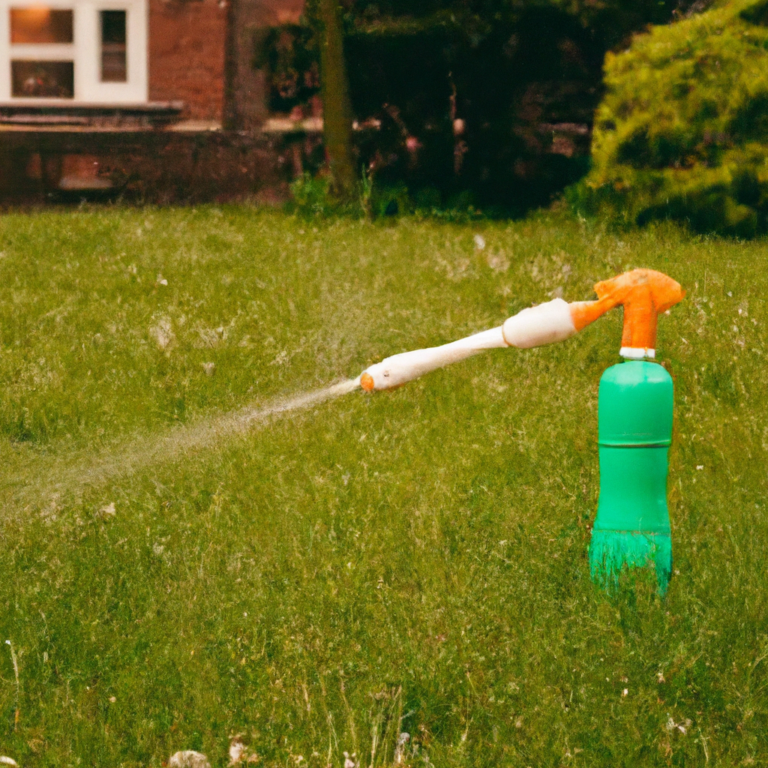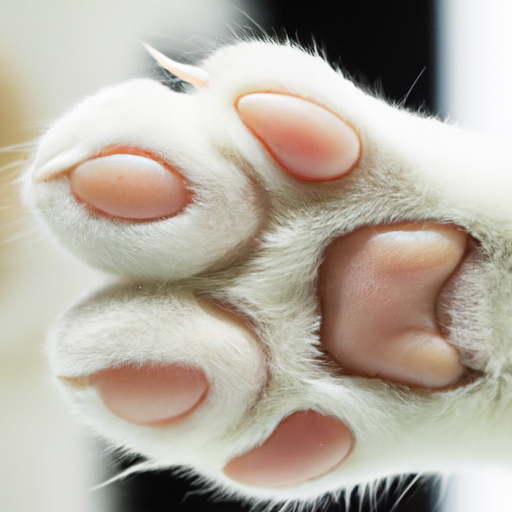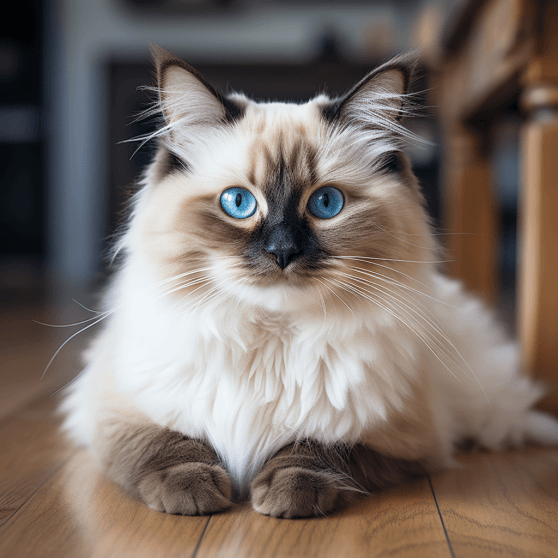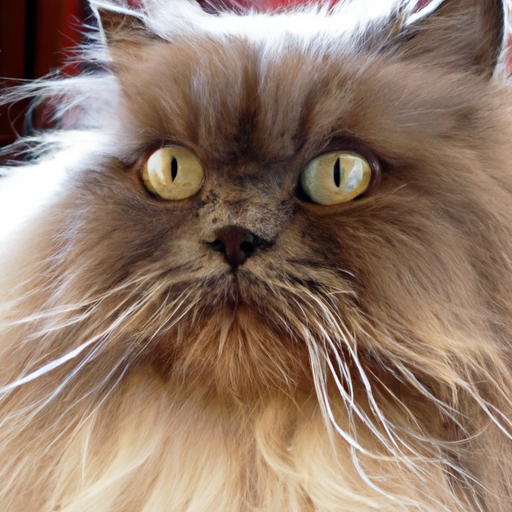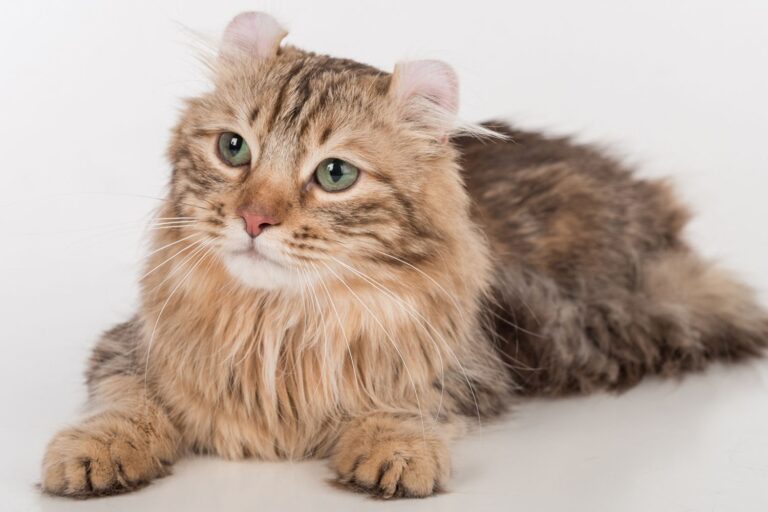Korat
If you’re considering adopting a new feline friend, the enchanting Korat breed deserves your attention. Woven in rich Thai tradition, the Korat with its silver-blue coat, heart-shaped face and luminous green eyes might be the only jewel you need around the house. In the forthcoming article, you will uncover the unique characteristics, habits, and care tips for this bewitching breed that promises to bring an exotic edge to your pet ownership journey. Embark on this engrossing expedition to discover all there is about the captivating Korat breed.
History of the Korat
The Korat, pronounced ko-RAHT, is a naturally occurring cat breed from Thailand with a history tracing back hundreds of years. Believed to be one of the oldest and purest breeds, it’s deeply cherished in its country of origin and has only recently gained recognition elsewhere.
Origin and Name
The Korat originates from the Korat region of Thailand, hence the name. In Thai, Korat is known as “Si-Sawat,” which means good fortune. The breed is highly regarded in Thailand and is considered a beacon of luck. It’s not uncommon for a Korat to be given as a gift, particularly among brides and grooms, to bestow prosperity and happiness upon a new marriage.
Recognition by Cat Breed Associations
The Korat’s journey to breed recognition began during the 1950s and 60s when they were first brought to the U.S. The Cat Fanciers Association (CFA) officially recognized the breed in 1966, and The International Cat Association (TICA) followed suit in 1979.
Historical Significance and Legends
The Korat’s historical significance is deeply rooted in Thai culture and folklore. They are often depicted in ancient pieces of literature commonly referred to as the “Tamra Maew” or the “Cat-Book Poems.” These ancient manuscripts described good fortune brought upon by these ashy-blue felines.
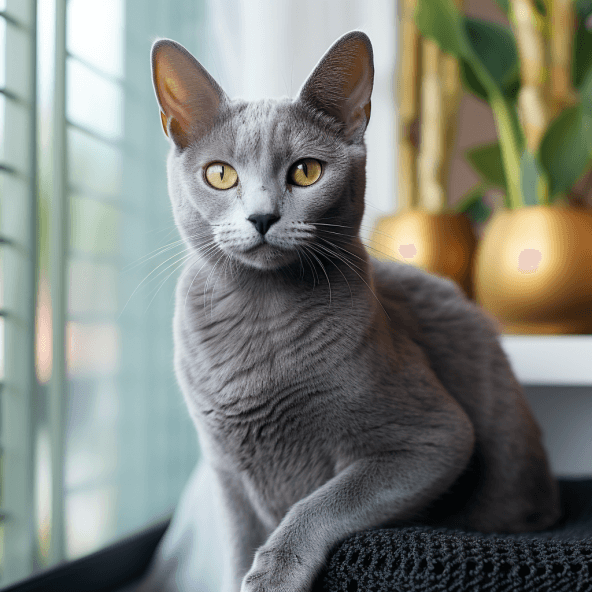
General Features of the Korat
The Korat is a medium-sized, muscular, and robust cat with a heart-shaped face and over-sized, luminous green or amber eyes that are one of its most defining features.
Size and Weight
Typically, male Korats range from 8 to 10 lbs, while females are slightly smaller, often weighing around 6 to 8 lbs.
Body Structure
Korats boast a well-muscled body with a sturdy skeletal structure. Their broad-chested bodies are complemented by a heart-shaped head, large ears, and a medium-length tail that tapers towards the end.
Coat Texture and Length
Their coats are short, glossy and close-lying to the body, with a singular coat fur texture distinct to the breed. This unique texture gives their coat a shimmering and glowing appeal.
Color of the Coat
One of the unique characteristics of a Korat is its distinct bluish-gray coat color. This unique hue paired with silver tips gives their coat a halo-like effect, especially under sunlight.
Personality Traits of the Korat
Amenable and affectionate, the Korat proves to be an endearing and playful companion.
Behavioral Traits
Korats are known for their lively and playful nature. They are energetic, intelligent, and often enjoy interactive toys and puzzle games.
Interaction with Humans
They are extremely social cats who often form deep bonds with their human counterparts. They thrive best when surrounded by family and are not necessarily suited to long periods of loneliness.
Correlation with Temperament and Appearance
Interestingly, their solid build and athletic agility correlate directly with their vigorous and active temperament. Their intense gaze can often come across as curious and inquisitive, reflecting their intelligence.
Notable Instincts and Habits
As with most cats, the Korat possesses natural hunting instincts, often demonstrated through chasing toys. They also have a notable fondness for high vantage points, like shelves or the tops of furniture.
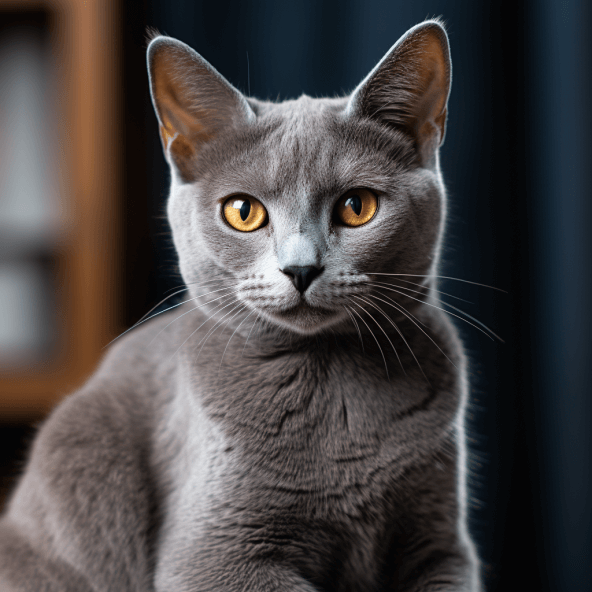
Health and Lifespan of the Korat
Living a healthy lifestyle is essential for every cat, and the Korat is no different.
General Health Conditions
Typically, Korats are a healthy breed with few breed-specific health conditions. They are incredibly robust and tend to have strong immune systems, which helps them fight off common feline ailments.
Life Expectancy
With proper care, balanced nutrition, and regular vet checkups, the Korat boasts a remarkably long lifespan and can often live up to 15-20 years.
Common Health Issues in the Breed
Despite their generally robust health, Korats are predisposed to certain genetic conditions, such as GM1 Gangliosidosis, a fatal inherited metabolic disorder. Regular genetic testing is necessary to ensure your Korat isn’t a carrier of this health issue.
Caring for a Korat’s Health
Regular vaccination, a healthy diet, and frequent exercise are essential in maintaining a Korat’s health. Regular vet checkups for early problem detection are equally important. Adequate mental stimulation also plays a pivotal role in their overall wellbeing.
Korat’s Nutritional Requirements
Just like humans, cats, including the Korat, need a balanced diet to stay healthy.
Recommended Diet
A balanced diet for a Korat should include a mix of proteins, carbs, and trace amounts of fats. Wet and dry cat food that consolidates these nutrients can be fed to adult Korats.
Common Nutritional Issues
Some Korats may be prone to obesity, so owners must monitor their cat’s weight and portion control their food. Dental diseases are also common, making oral hygiene and appropriate dental care important.
Food Sensitivities and Allergies
While food allergies are not specific to this breed, they can still occur. It’s important to be aware and on the lookout for any adverse reactions after introducing new foods.
Grooming Needs of the Korat
Grooming is essential as it not only ensures a tidy look but also promotes overall health.
Daily Grooming Needs
Given the short nature of the Korat’s coat, they’re fairly low maintenance. Regular brushing once a week helps maintain the condition of their hair and reduces shedding.
Periodic Grooming Needs
A monthly bath is usually sufficient for this breed unless the cat becomes particularly dirty. A regular cleaning regime that includes teeth brushing, ear cleaning and nail trimming must also be followed.
Professional Grooming Tips
Although they require low maintenance, a regular visit to the professional grooming salon can be beneficial for additional hair care, nail care, and ear cleaning.
Handling and Bathing
When handling and bathing a Korat, being gentle is key. Use lukewarm water and feline-specific products to keep their skin and coat healthy.
Breeding and Genetics of the Korat
When it comes to breeding, there’s a lot more science than you might think.
Understanding Korat’s Genetics
Understanding the complex genetics of the Korat is crucial to preserving the breed’s unique traits. The blue color of the Korat is a result of the dilution gene, while their green eyes are caused by the recessive green-eye gene.
Breeding Best Practices
Breeding should always be done responsibly with the foremost aim being to maintain the breed’s physical and behavioral traits while ensuring the kittens’ health.
Kittens and Growth Development
Korat kittens generally grow at a standard pace. Their color at birth is often a silvery blue, which deepens as they mature. It’s important to provide the right nutrition and care during the crucial growth phase.
Korat’s Compatibility with Kids and Other Pets
The sociable Korat is known for its good behavior with children and other pets, making it an excellent choice for families.
Compatibility with Kids
Thanks to their playful and gentle nature, Korats usually get along well with children. They have the patience and tolerance needed to interact with little ones and enjoy the engagement and play they provide.
Getting Along with Other Cats
Korats are also generally friendly with other cats, especially those of their own breed. However, like all cats, individual attitudes can vary.
Interaction with Other Pet Species
Despite their friendly nature, introducing a Korat to other pet species should be done gradually. Generally, Korats can coexist peacefully with other pets once they have adapted.
Adoption and Buying Tips for Korat
Choosing the right cat is a big decision – and it’s best to be well-armed with information.
Finding Reputable Breeders
Reputable breeders are devoted to producing healthy, well-socialized kittens. They usually offer health guarantees and commit to taking back any cat that buyers cannot keep.
Adoption versus Buying
Buying a kitten from a breeder may be the route for you if you wish to raise your Korat from a kitten. But adopting is a noble choice as you provide a home for a cat in need.
What to Look for in a Healthy Korat
Look for bright eyes, a shiny coat, good body condition, and a playful demeanor – these are all signs of a healthy Korat cat.
Average Costs
The cost for a Korat can vary. Generally, prices can start from about $1200, but it can go higher depending on pedigree, show quality, and breeder reputability.
Training the Korat
As intelligent cats, Korats are more than capable of learning several commands and tricks.
Training Best Practices
Training a Korat requires patience and positive reinforcement. Treats can work well as motivators during training sessions.
Understanding Korat Behavior for Effective Training
Understanding your Korat’s unique personality and behaviors is key to effectively training them. They are quick to learn provided the training is conducted with consistence and encouragement.
Common Training Challenges
Korats can be stubborn at times, and they’re likely to lose interest in training if it’s not stimulating enough. So, it’s essential to keep the training sessions interactive and challenging.
Tips for First-Time Korat Owners
For first-time Korat owners, patience is key. Understand your cat’s pace and train accordingly. Additionally, bear in mind that socialization at an early age is crucial for a well-behaved and well-adjusted adult cat.
In conclusion, owning a Korat is a rewarding experience. With their playful nature, robust health, and minimal grooming needs, they are ideal for both first-time cat owners and experienced cat enthusiasts alike. Nevertheless, proper care, regular training, and a balanced diet are fundamental to ensure a happy and healthy life for your Korat.

